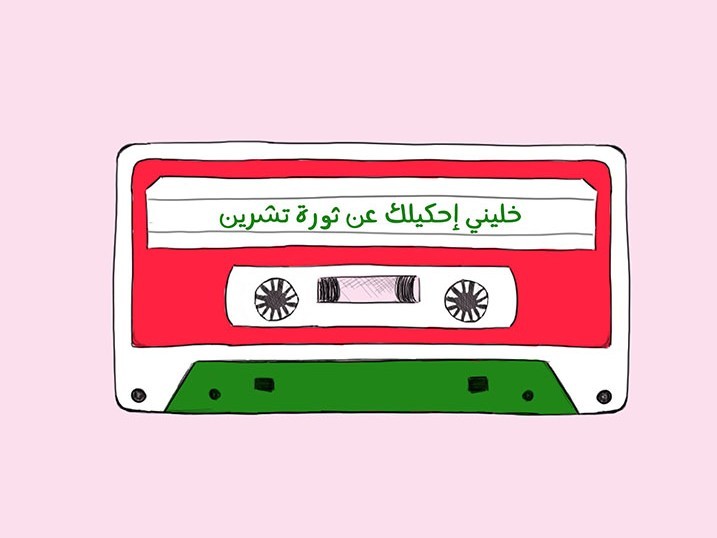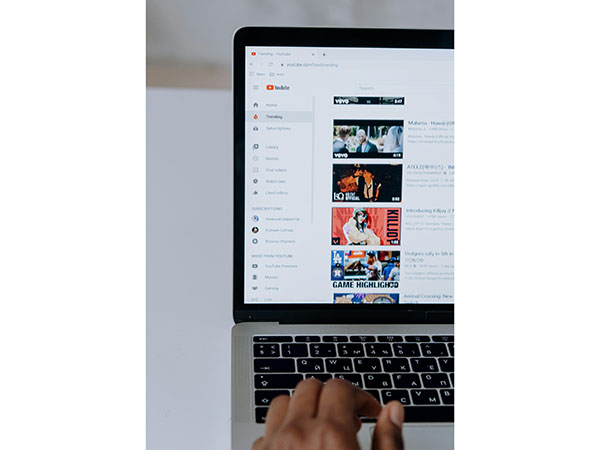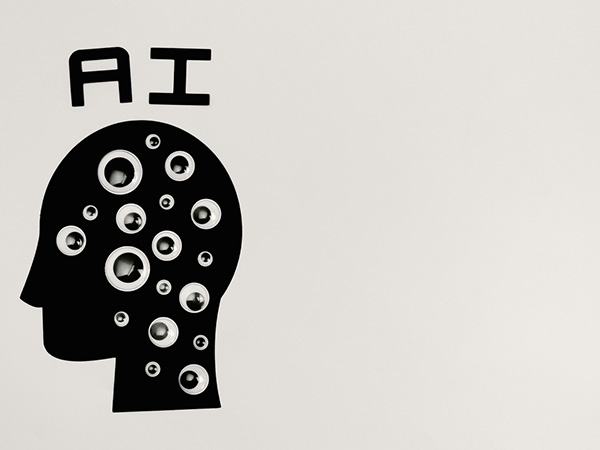News - Digital/Tech
The Revolution is Digital
by Iain Akerman
January 9, 2020

“You know what actually made me come down to the streets?” asks Fay Abou Hassan. “I had a friend in the squares on the first day of the protests and I saw him on Instagram posting stories constantly about how the army and the riot police were trying to control everybody by firing tear gas. You could feel the adrenaline as he was running and filming and I was like, ‘I’m done’.
“The second day a lot of people went down to the streets because we said ‘one, we’re not afraid, we saw how you couldn’t do anything. Second, you tried to hit people we know and these are people we grew up with, so we’re done. You cannot touch us anymore’.”
It’s difficult to overstate the importance of social media to the demonstrations that have swept across Lebanon. It has helped protesters mobilise and communicate, has enhanced awareness of corruption and police violence, and has facilitated the rise of independent online media platforms.
Facebook has helped protesters organise marches and events and reach a wider audience. Instagram has been a powerful tool for the spread of video, providing live streams and the ability to request rapid reinforcements on the ground. WhatsApp, meanwhile, has proved to be the fastest way to share news and to communicate with multiple groups.
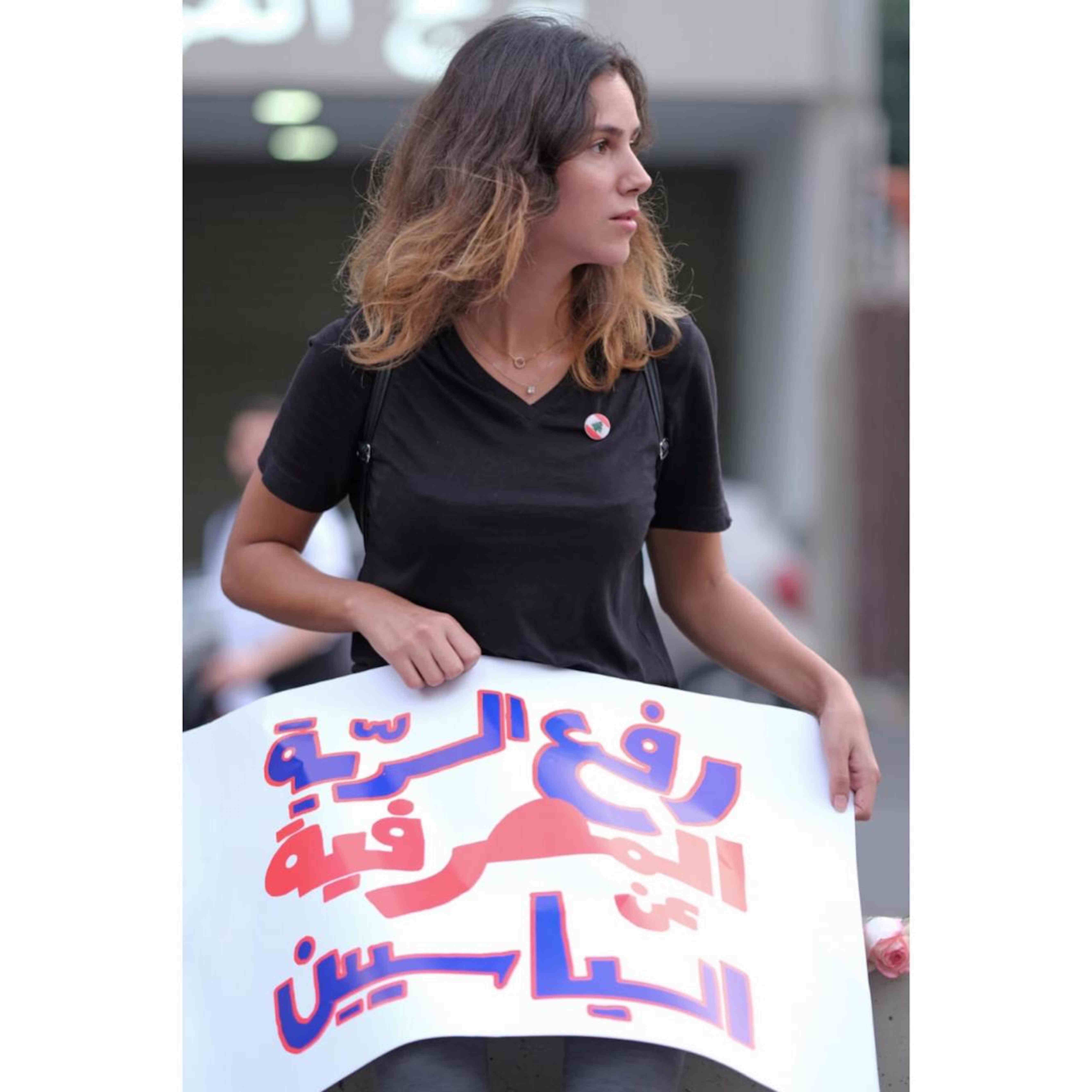
“I think it’s a beautiful thing to see how social media is making news travel between us.”--Fay Abou Hassan
“I think it’s a beautiful thing to see how social media is making news travel between us,” says Abou Hassan, a TV host for LBCI’s Bedkon Beit and a freelance social media manager. “Whenever we were trying to block roads and the police or the army would show up, everybody was on Instagram Live. We’re recording our live news, we’re making our news happen, and that’s just genius because we have the power now. We can voice whatever we want to voice.”
If nothing else is changed by the revolution in Lebanon, media most certainly will be. Large sections of the country’s young have shown that they have little patience for mainstream media, only a desire for independent sources of news and alternative narratives. Hence the quick-fire flow of information via social media. Hence, too, the coming-of-age of independent online media platforms such as Megaphone and Akhbar Al Saha, both of which spread their news exclusively through social media.
“The thing about digital activism is that one of the most powerful parts about it is just having a platform to publish news,” says Habib Battah, the editor of beirutreport.com and an instructor at the American University of Beirut. “A lot of these new platforms have really become our source of news when the media is not always on the scene. And media power is political power. So just being able to broadcast things uncensored and to broadcast videos that are not always seen on the news is powerful in itself.”
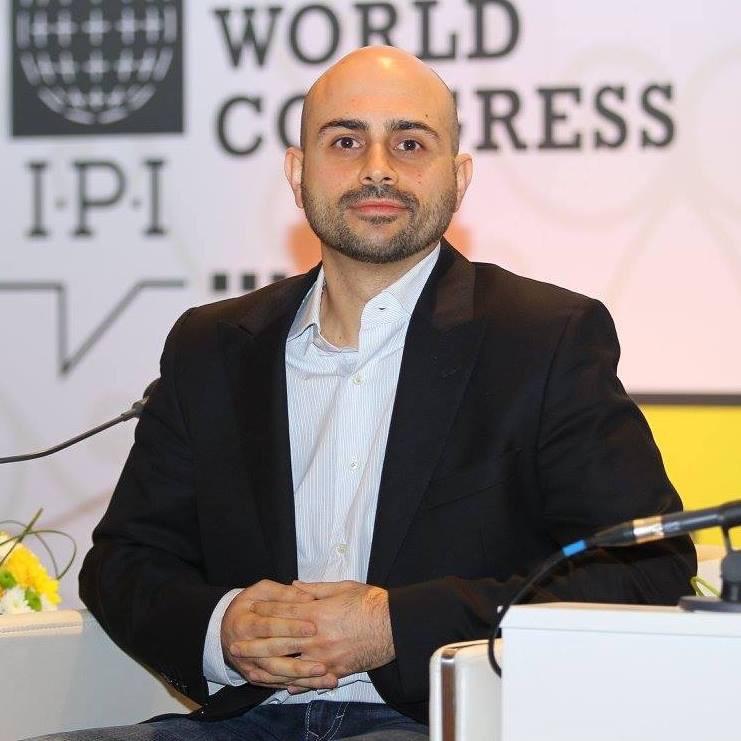
“Just being able to broadcast things uncensored and to broadcast videos that are not always seen on the news is powerful in itself.”—Habib Battah
In many cases the country’s legacy media, the majority of which are associated with political parties, have been completely wrong-footed. They have been undone by far nimbler competitors who are armed with cameras, laptops and hashtags and are free of political interference. Young competitors who are capable of magnifying their stories and garnering the kind of social media support that can influence both the digital and physical world.
Megaphone, for example, is run almost entirely by volunteers, although it does have a handful of salaried staff, and includes an infographics team, a user experience team, videographers and editors. Its funders, which include the European Endowment for Democracy and the Denmark-based International Media Support, have no influence on its editorial policy.
“It’s a community of people who have a really beautiful vision of what they hope the country can head towards,” says Tariq Keblaoui, a freelance videographer who volunteers for Megaphone. “One of progress, one of unity, one of information without censorship and giving power to the people by offering them information. We believe that people knowing who’s responsible for the crimes that have been done in this country, who’s responsible for corruption, who’s responsible for the failures of government, empowers them.”
Not that it’s been all bad news for traditional media. “Some of them have been very bold by investigating corruption and there have been a lot of really good TV shows during this revolution,” says Battah. “Sometimes the traditional media can do more than others. They can go more in-depth, they can bring in other points of view and really question figures of authority, and that’s been very productive in advancing these issues further than just a quick video.”
There are numerous downsides, of course. Both traditional and digital media, as well as individual online activists, have had to fight the increasing spread of disinformation from all sides of the political spectrum. Alleged ‘news’ is being shared without sources, videos are being dug up from the past and claimed as current, fake social media accounts have proliferated, and the sheer quantity of information has been sometimes overwhelming and disorientating. Every single video can also be cut, trimmed or spun to fit a particular narrative.
There has also been a sizeable amount of mudslinging and hypocrisy. Revolutionaries have attacked partisan media such as OTV and NBN, yet have praised Megaphone, despite it being overtly pro-revolution. “It doesn’t matter if it’s digital or it’s traditional, there are still going to be certain points of view and editorial lines, whatever the medium or whatever the format,” says Battah.
The lines between journalism and activism have also been blurred. Biased media attached to political parties may be dismissed out of hand, but where do outlets such as Megaphone and Akhbar Al Saha – which in many ways are helping to redress a chronic imbalance in the media landscape – stand? Are they activists or journalists? And should they be judged for being the former if they’re also the latter?
“We really care about empowering the people, we care about exposing corruption, we care about exposing the wrongdoings that have happened in government.”--Tarik Keblaoui
“I think we would consider ourselves both,” replies Keblaoui. “We are bringing news from the ground, whether it be micro news on the streets or macro perspectives on the economy and the political system. And at the same time we’re activists because what we’re doing in a sense is quite dangerous. We really care about empowering the people, we care about exposing corruption, we care about exposing the wrongdoings that have happened in government.”
All of which has only helped to raise questions about the role of social media, particularly in relation to its ability to be a force for change. The fact that social media can help protestors mobilise and spread messages is a given. It is its ability to facilitate tangible change that’s in question.
“Social media has had a major impact on everything,” says Battah. “But it might not end with the result that people expect. I think we have to adjust our expectations. Do we expect to see a change in government? Do we expect to see a complete erasure of the entire political system of a country that has been created over 40 or 50 or 100 years? I mean, I think it’s a little bit ridiculous to expect to see any kind of huge change in a very short period of time. Change happens over long periods of time.
“But change is happening because there’s a different approach to politics and a different approach to the media. Twenty years ago there were six channels in Lebanon and that was it. There wasn’t any space for another opinion and there were no alternative outlets. A protest that would happen 30 years ago would be seldom heard about. Nowadays, when something happens – police brutality etc – it goes viral. It’s seen by thousands or millions of people, it’s replayed, and it can be used to build upon. The thing with social media is that it gives you the building blocks to build activism upon.”
That’s why Battah believes that any discussion about the role of social media in the protests should not separate the digital from the physical. The rights collectives, advocacy groups and watchdogs that have been active in Lebanon for years have simply transferred their online presence to city squares, erecting tents, holding debates and marching through the streets. What’s more, says Habib, “a lot of these groups could actually create candidates to run in future elections”.
Only time will tell what happens next, but the democratisation of news is in full swing, says Keblaoui. His hope is that independent media, aided by the reach and scale of social media, will be taken more seriously as a source of information, both by the wider public and the mainstream media. “That is happening now, especially since the thawra kicked off,” he says. “People have been looking to social media for reliable news because they know that the vast majority of news sources in this country are party affiliated. Social media is a new way of democratising news, and it’s going to continue to do so the more people grow to understand its power, its effect on society, and the benefits of that.
“However, there is the concern of echo chambers. Your newsfeed on social media platforms is catered towards your interests and your political beliefs, so breaching these echo chambers is very difficult. Social media companies, I hope, will learn to take responsibility for these echo chambers and the effects they are having, not just on our country, but globally when it comes to climate change and racism etc. But hopefully it will help us get to a place of better understanding, not just of one another, but of what’s happening in the world. That’s a very far-fetched idealistic hope, but who knows.”


